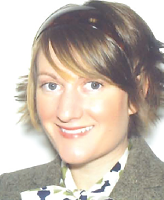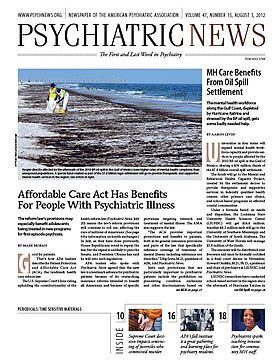Character development is subtle and surprising in The Newlyweds. Nell Freudenberger’s novel follows Bengali heroine Amina through her courtship and marriage to George, an American from Rochester, N.Y. The couple reconciles familial, sexual, and cultural values as different parts of a globalized world collide.
Amina and George meet through an Internet dating Web site. Conceding that he was one of the only men to consistently send her e-mails, Amina falls in love with the elaborate fantasies she dreams up about George and life in the United States.
Freudenberger then sweeps readers, along with Amina, from the bustling and aromatic streets of Bangladesh to the sterile surroundings of George’s Rochester home.
Settling into marriage, Amina’s fantasies do not live up to reality. George’s passivity and emotional unavailability are maddening to her. He appears one-dimensional and has the undesirable ability to “remove himself from any uncomfortable situation.” Relying on immature defenses like minimization to unconsciously control his bride, George plows through life in a deceivingly quiet manner.
Acculturation problems ensue for the bride who, disenchanted with her husband and thousands of miles away from home, “had expected better of America.” Missing her parents on whom she had once depended, Amina sadly turns to George’s wayward cousin Kim for solace. But through that relationship, family secrets are slowly revealed that provide yet another agonizing stressor for Amina.
Freudenberger marvelously reminds us, however, that things are not always as they seem. Amina proves to be anything but a depressed and helpless mail-order bride lost in a strange land. In fact, the more we get to know her, the more we realize her complicated and deliberate plan that makes uncomprehending George “just a piece of the puzzle.”
The Newlyweds is a rich and satisfying depiction of a world most people live in. This novel deals with so much more than negotiating a successful marriage despite different motivations and backgrounds. lives are complicated, as psychiatrists know too well, and Freudenberger tackles honestly those highs and lows of relationships that transcend culture, race, or religion.

Helen M. Farrell, M.D., is an instructor at Harvard Medical School and a staff psychiatrist at Beth Israel Deaconess Medical Center in Boston.

